The US Surgeon General, Dr. Vivek Murthy, announced on Monday that he would push for a warning label on social media platforms advising parents that using the platforms might damage adolescents’ mental health. This would be a powerful move by the nation’s top health official to address the potential harms of social media on young people.
Warning labels, similar to those found on tobacco and alcohol products, could send a strong message to parents about the potential risks involved. However, Dr. Murthy cannot unilaterally require these labels; the action requires approval by Congress, which has not yet introduced any legislation on this matter.
Powerful Public Health Message
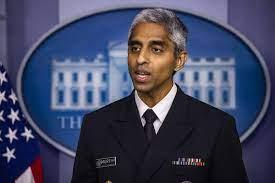
In an opinion piece published in The New York Times, Dr. Murthy stated that a warning label would convey to parents “that social media has not been proved safe.” He likened the effects of social media on children and teenagers to a public health risk on par with road fatalities or contaminated food.
Dr. Murthy questioned why society has failed to respond to the harms of social media with the same urgency as other public health threats. He argued that these harms are not a failure of willpower or parenting but rather the consequence of unleashing powerful technology without adequate safety measures.
Research on Mental Health Impacts
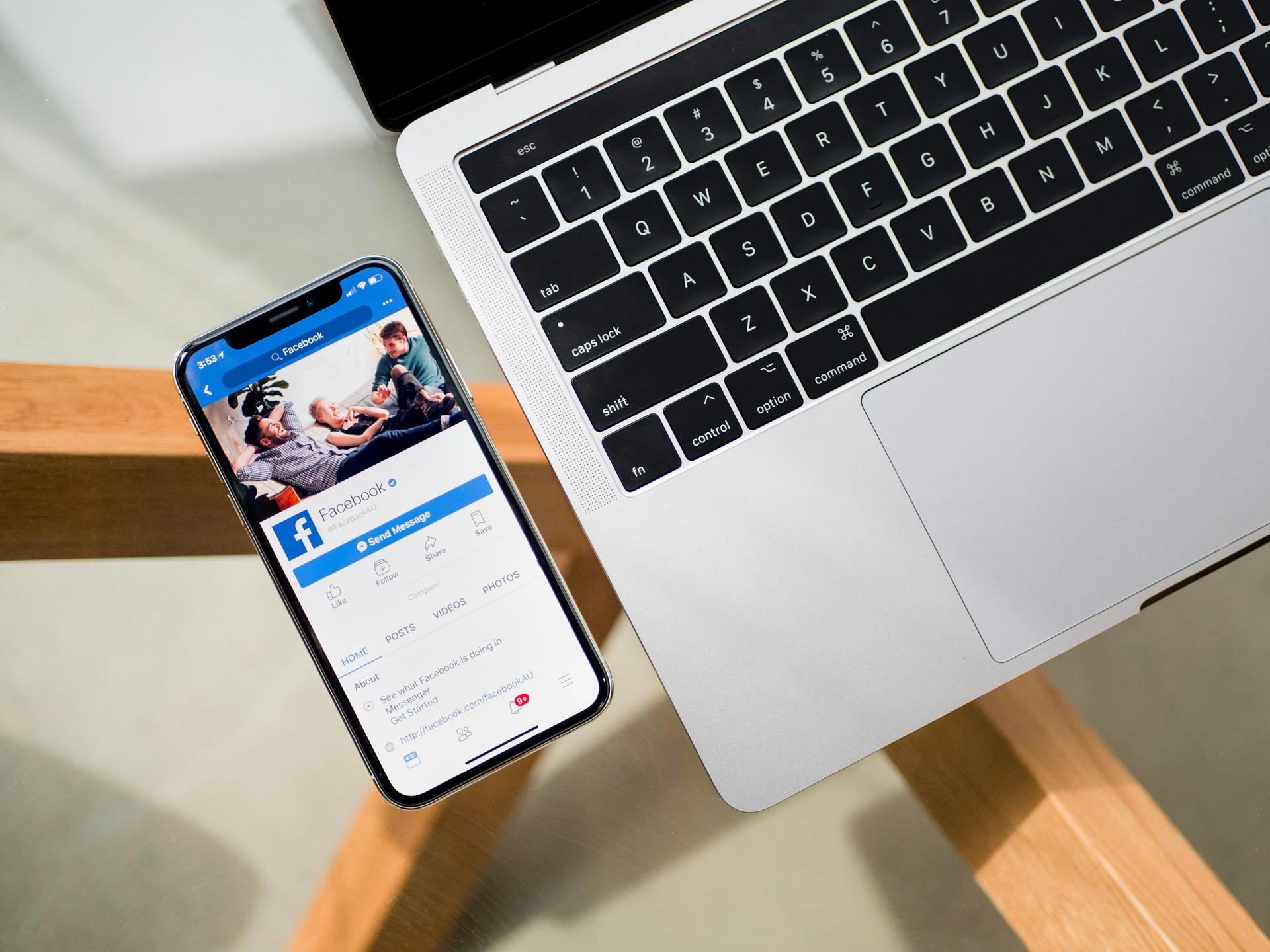
Dr. Murthy pointed to research showing that teens who spent more than three hours a day on social media faced a significantly higher risk of mental health problems. Additionally, 46 percent of adolescents reported that social media made them feel worse about their bodies.
These findings highlight the potential negative impacts of excessive social media use on the mental well-being of young people.
Excessive Social Media Use
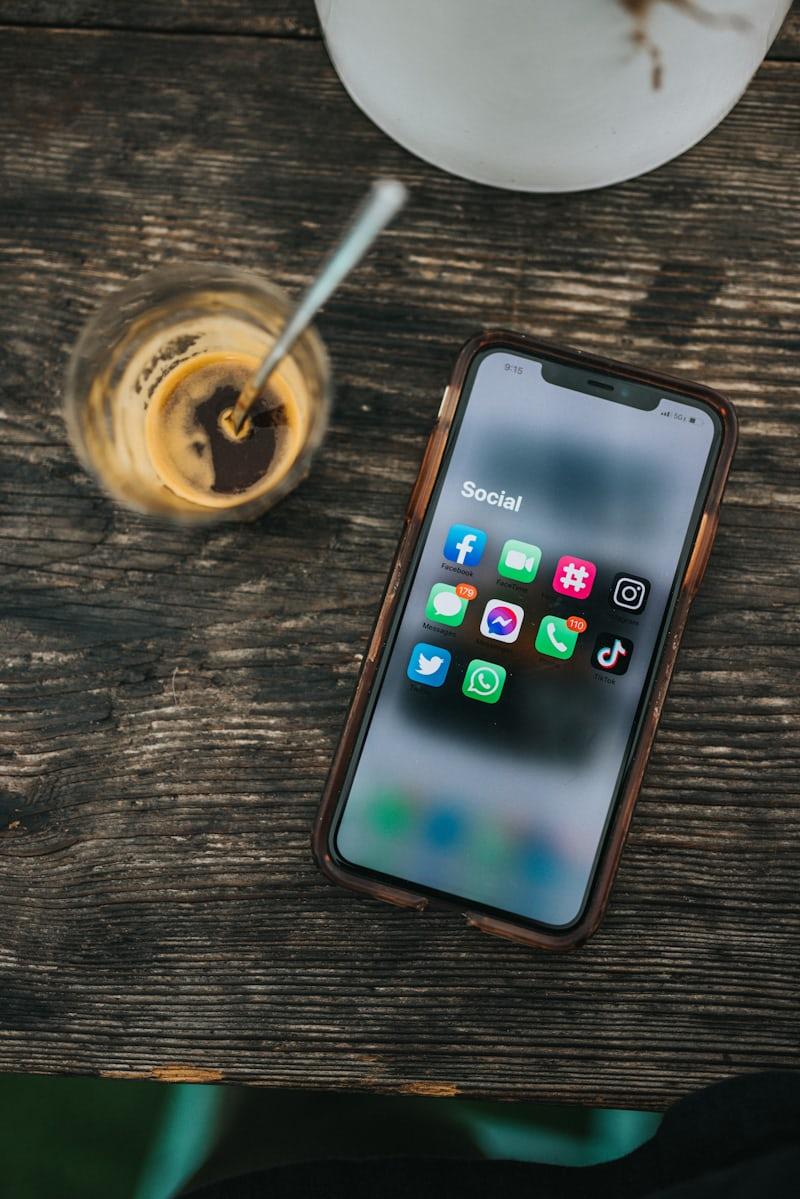
According to a Gallup survey of more than 1,500 adolescents released last fall, U.S. teens are spending an average of 4.8 hours per day on social media platforms like YouTube, TikTok, and Instagram. This excessive use raises concerns about the potential consequences for their mental health and overall well-being.
Dr. Murthy has repeatedly heard from young people who struggle to disengage from these platforms. Sometimes they spend hours without knowing about it.
Platform Design and Engagement

Dr. Murthy expressed concern that social media platforms are designed to maximize the time users spend on them. This can be particularly problematic for adolescents whose impulse control and brain development are still in progress.
He argued that maximizing engagement may be acceptable for adults. But it is a different matter when it comes to children and teenagers whose cognitive and emotional development is still ongoing.
Effectiveness of Warning Labels

Past warning labels have had significant effects on behavior. For example, in 1965, after a landmark report from the Surgeon General, Congress required all cigarette packages distributed in the United States to carry a warning about the health hazards of smoking.
This marked the beginning of a 50-year decline in smoking rates. From 42 percent of U.S. adults being daily smokers in 1965 to 11.5 percent in 2021.
Debate on Social Media’s Role

There is a fierce debate among researchers about whether social media is behind the crisis in child and adolescent mental health. While some experts, like social psychologist Jonathan Haidt, point to the release of the iPhone in 2007 as an inflection point leading to increased suicidal behavior.
Others attribute the decline in well-being to factors like economic hardship, social isolation, racism, school shootings, and the opioid crisis.
Surgeon General’s Prior Warnings
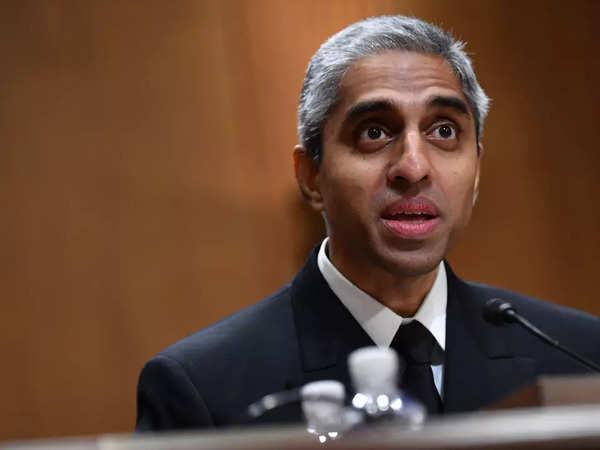
Dr. Murthy has long indicated that he views social media as a health risk. In May 2023, he issued an advisory warning that “there are ample indicators that social media can also have a profound risk of harm to the mental health and well-being of children and adolescents.”
Acknowledging that the effects of social media on adolescent mental health were not fully understood. He urged parents to set limits on their children’s social media use immediately.
Urgency of Action
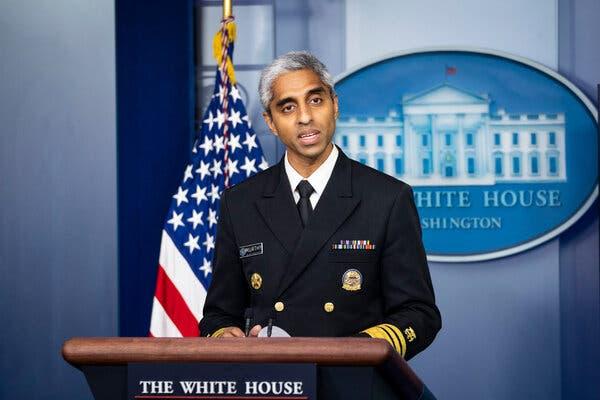
In his call for a warning label, Dr. Murthy emphasized the urgency of taking action based on the available facts, even if perfect information is not yet available. He likened the current situation to past public health emergencies where prompt action was necessary to address pressing issues.
Recalling the words of a tearful mother whose child had died by suicide after being bullied online, he stressed the need for action similar to landmark public health campaigns of the past.
Call to Congress
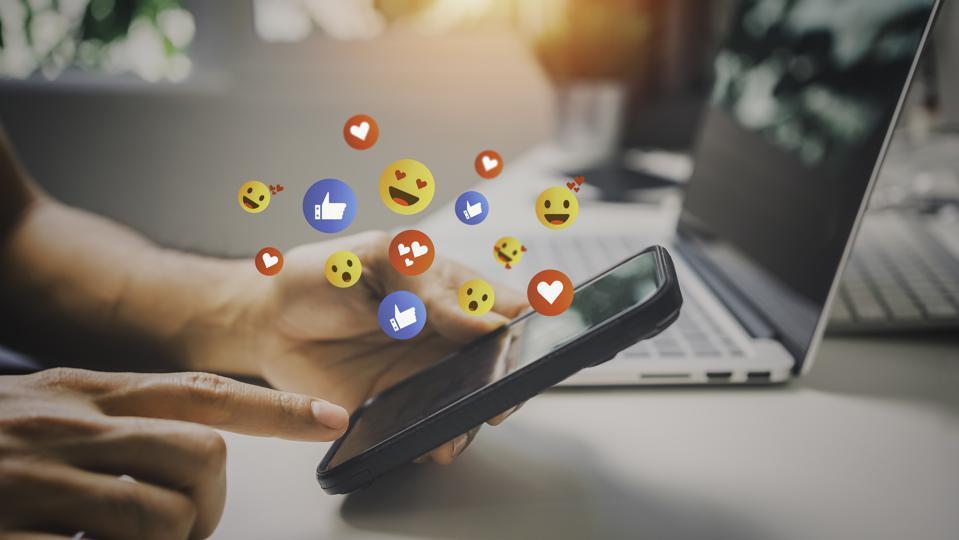
Ultimately, Dr. Murthy’s call for warning labels on social media platforms is a plea to Congress to take action and require such measures. Dr. Murthy highlighted the lack of safeguards and assurances for parents regarding the safety of social media platforms for their children.
He aims to raise awareness and urge lawmakers to address the potential harms of social media on adolescents’ mental health. He compared the current situation to the lack of seatbelts, helmets, or expert assurances about the safety of these platforms, leaving parents and children to navigate the risks.

